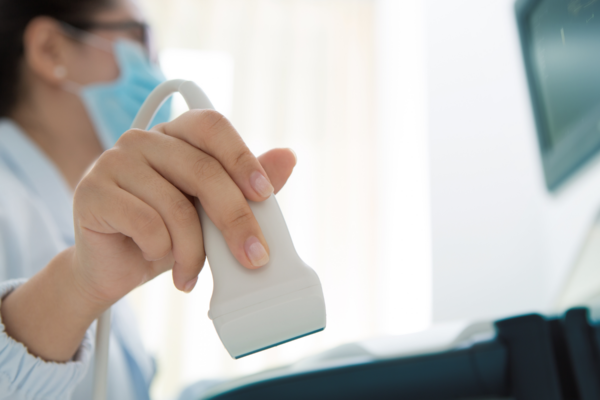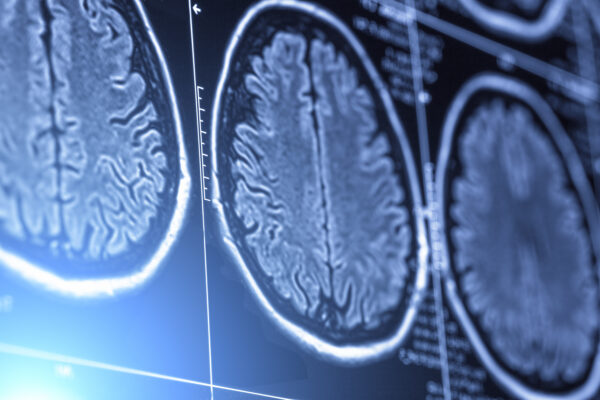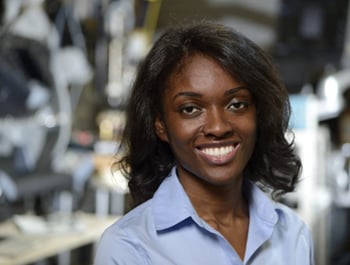In: Medical Imaging

Photoacoustic imaging gets flexible
- July 31, 2023
- Medical Imaging
In an effort to improve real-time surgical visualization and reduce potential patient discomfort and injury, Johns Hopkins researchers have verified the accuracy and applicability of a minimally invasive live medical imaging method in a new study.

Malone faculty win DELTA Award
Their winning proposal will receive up to $75,000 to help innovate learning through technology.

For many women, ultrasounds could be pivotal for early breast cancer diagnosis
- September 7, 2022
- Medical Imaging
The development of novel ultrasound technology will help radiologists differentiate cancer from benign masses, preventing invasive and unnecessary breast biopsies and multi-year follow-ups.

Johns Hopkins partners with Microsoft to enhance AI for radiology
- August 15, 2022
- Machine Learning and Artificial IntelligenceMedical Imaging
Computer engineers and radiologists from the Malone Center for Engineering in Healthcare have teamed up with Microsoft to enhance the AI capabilities offered by Microsoft's Azure cloud computing system.

Emad Boctor receives Thalheimer Fund Grant
- August 31, 2021
- Medical ImagingRobotics, Augmented Reality, and Devices
The grant will fund the prototype for a more accurate and continuous fetal monitoring device.

Muyinatu “Bisi” Bell appointed the John C. Malone Assistant Professor
- March 23, 2021
- Center NewsMedical Imaging
The John C. Malone Assistant Professorship was endowed through the generosity of John C. Malone ’64, ’69 to support outstanding Whiting School faculty members within the Malone Center for Engineering in Healthcare.